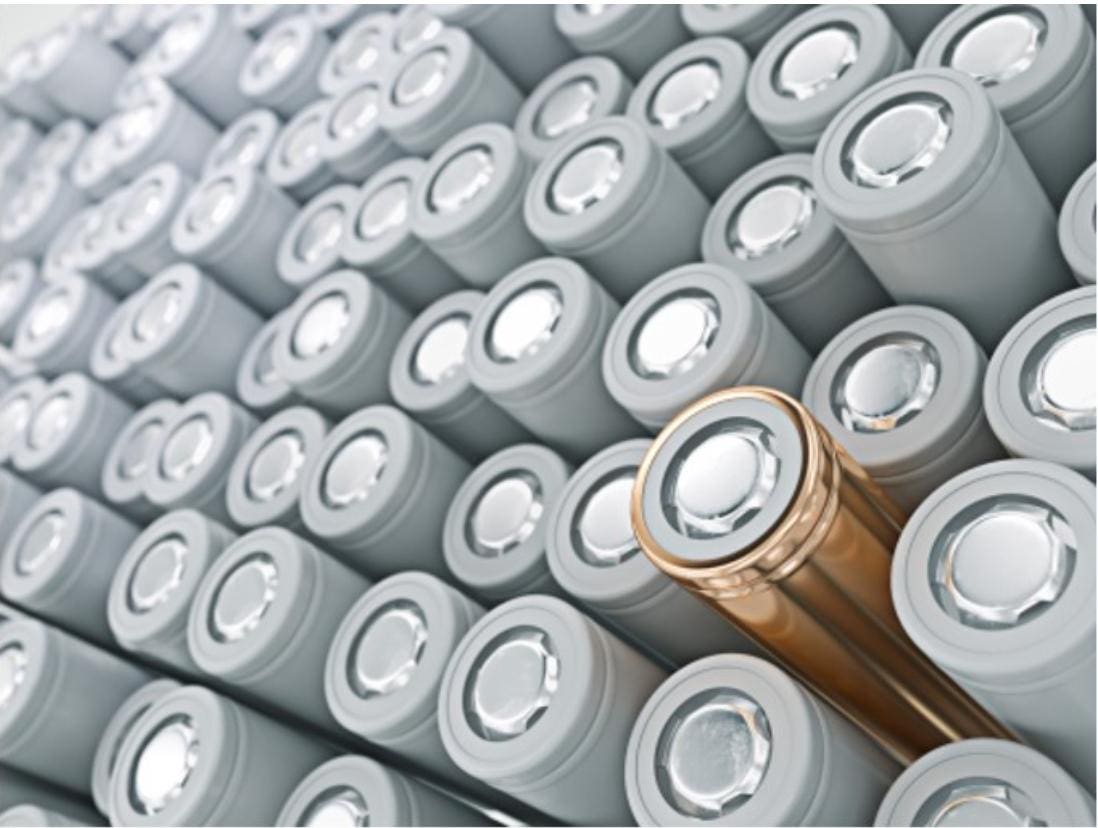We (work) were talking about a F150 (or similar e pickup) in a couple years to test how one would work in our fleet. I am curious what happens to the range when a 5k lb trailer is hauled around. Its all the recharge convenience. Until it can be done anywhere the technology will be hamstrung. I can't have my techs, who often drive 250 miles in a day run out of charge.
I'm real interested in the maintenance schedule of an electric vehicle.
I'm real interested in the maintenance schedule of an electric vehicle.





